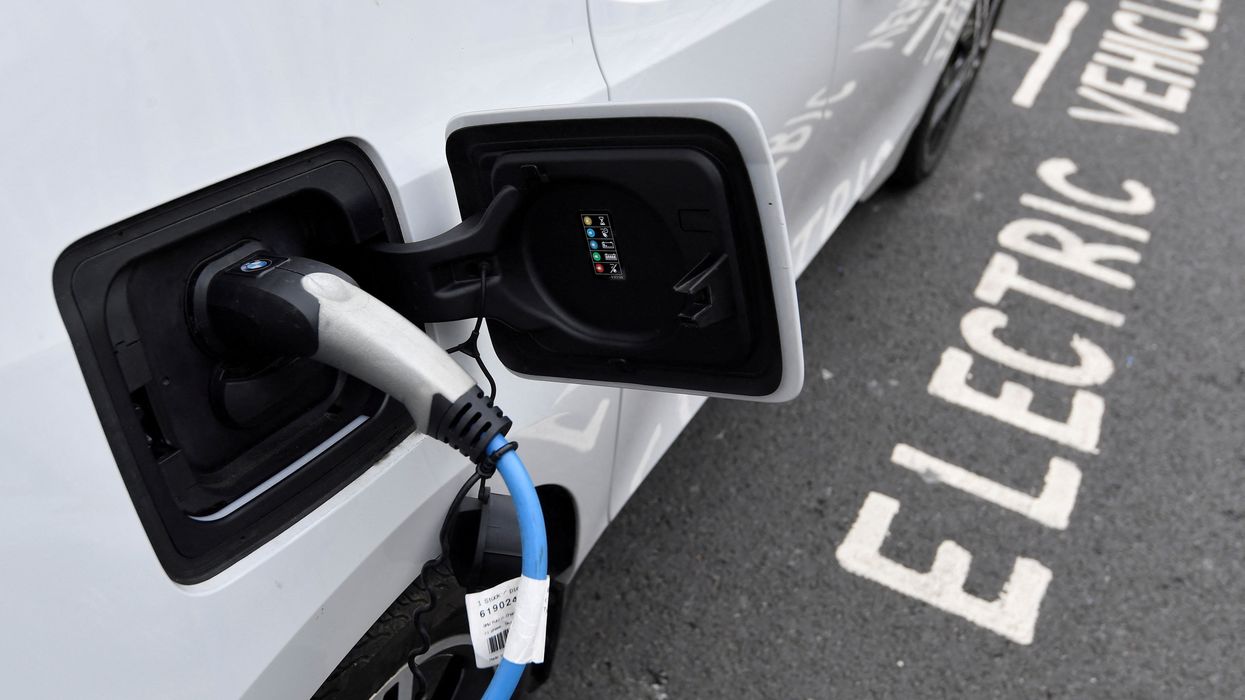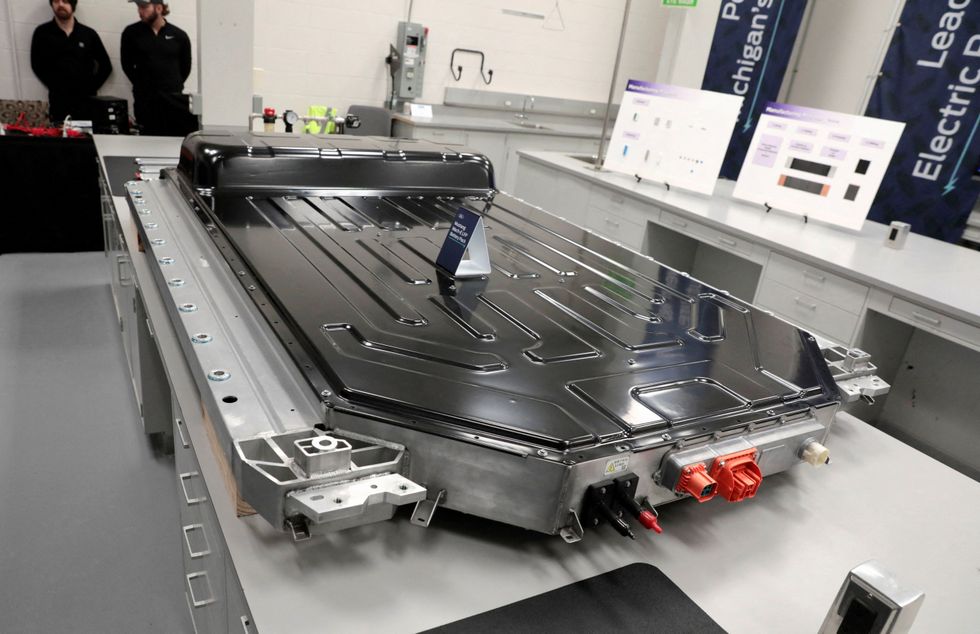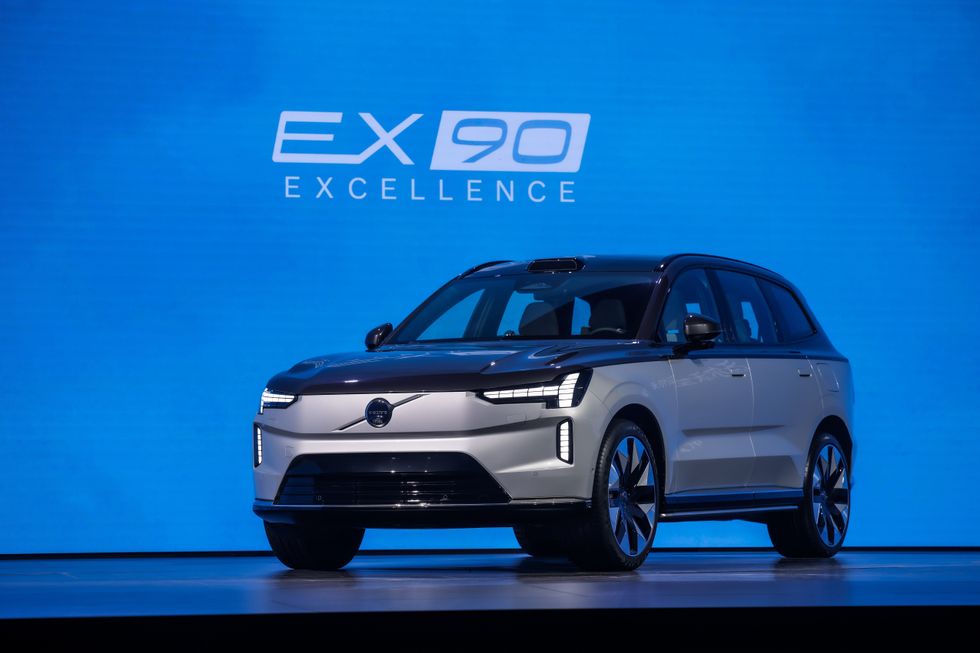Driving law changes could see electric car owners protected from 'replacing an entire battery'

Experts hope the battery passports will boost faith in electric vehicles
|REUTERS

'By 2030, we expect 570,000 tonnes of li-ion vehicle batteries will be recycled in the UK every year'
Don't Miss
Most Read
Latest
Industry leaders have called on the new Labour Government to accelerate plans to introduce battery health checks for new electric vehicles.
The Labour manifesto outlined how it would support the transition to electric vehicles by accelerating the rollout of charging stations and reinstating the original 2030 deadline to ban the sale of new petrol and diesel vehicles.
It also aimed at supporting buyers of second-hand electric cars by standardising the information supplied on the condition of batteries.
These so-called "battery passports" aim to show drivers the origins of the material in the battery, as well as the recycled content and carbon footprint.
Do you have a story you'd like to share? Get in touch by emailing motoring@gbnews.uk

Battery passports will show the origins of the materials contained inside
| REUTERSThe Labour plans were recently discussed at a meeting of industry experts at the July meeting of the Vehicle Remarketing Association (VRA) as they wait to hear more information about the new policies.
Some of the attendees at the Bruntingthorpe event highlighted the Government’s work to date on the United Nations Global Technical Regulation Number 22 on EV batteries (GTR 22).
Abdul Chowdhury, head of vehicle policy at the Office for Zero Emissions Vehicles, said: "GTR 22 provides the requirement for a battery state of health monitor which is in an easily accessible manner, such as through the vehicle’s dashboard.
"It also details minimum performance standards for EV batteries, which have already been incorporated into UK regulations through the ZEV mandate's warranty requirements."
Earlier this year, Volvo announced that it would be the first major brand to include a battery passport in its new flagship EX90 SUV electric vehicle.
The Swedish brand said it would look to adhere to European Union rules, set for February 2027, despite implementing the new technology three years early.
According to Circulor, the battery passport designers who worked with Volvo on the technology, it will cost manufacturers just $10 (£7.85) per car.
From February 1, 2027, all electric vehicle batteries over 2kWh sold in the European Union will require a unique passport, as part of plans to ban the sale of new internal combustion engine vehicles.
The Battery Regulation rules look to address "social and environmental risks related to extracting, processing, and trading raw materials for battery manufacturing purposes".
Patrick Cresswell, managing director at ClearWatt, outlined the importance of these battery passports as they can show how the incidence of "dud" EVs on the market is low but the consequences of owning one is high.
He added: “You might have to replace an entire battery or, more likely, scrap the vehicle. It’s a protection against that scale of loss.”
Similarly, Robin Brundle, director at Recyclus, said more needs to be done to address issues with how electric vehicle batteries can be addressed in the coming years.
LATEST DEVELOPMENTS:
 The Volvo EX90 will be the first EV with a 'battery passport' | VOLVO
The Volvo EX90 will be the first EV with a 'battery passport' | VOLVOHe said: "This is going to be a significant part of electrification. By 2030, we expect 570,000 tonnes of li-ion vehicle batteries will be recycled in the UK every year.
"It’s not just about EVs being scrapped at the end of their lives but as the result of vehicle recalls, battery faults and accidents.
"Especially, insurers are currently adopting a general ‘do not repair’ attitude where EV batteries are concerned."










